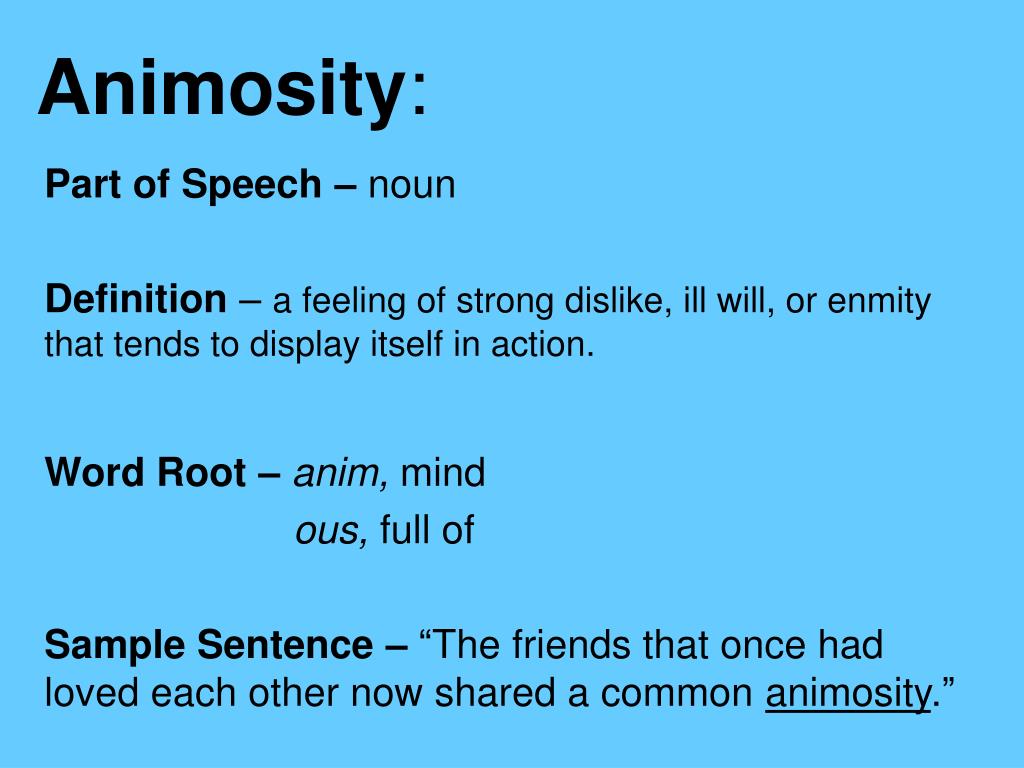

“Lesbians have been attacked and witch-hunted throughout history. “AfterEllen is with everyone, but first and foremost we have a moral obligation to provide a voice to the most silenced group within the acronym, and right now that is Lesbians,” Joelle continued. “There's been an ongoing campaign of homophobia directed exclusively at lesbians, and when our writers try to cover these issues, as they specifically pertain to and affect lesbians, we're shouted down by non-lesbians with slurs and anti-lesbian sentiment.” “The statement is a very clear manipulation to throw women under the bus,” Joelle stated. Joelle then alleged that several unspecified authors of the “Not in our name” statement were “disgruntled ex-employees of AfterEllen” involved in an attempt to sabotage the website. In recent years, radical feminists have been derided as “transgender-exclusionary radical feminists,” or “TERFs,” by many LGBTQ activists and writers for having what many see as illiberal and anti-transgender views. “It was a mixed message, and certainly not enough to satisfy the trans community or those who supported the trans community,” Faderman said. The festival became emblematic of the exclusion many trans women experienced in women- and lesbian-only spaces. The festival’s stance outraged many transgender activists and long-time attendees who were trans allies, according to Faderman. MichFest organizers never issued an official policy against transgender women attending the festival, according to Faderman, but it openly maintained it was a “women-born womyn” space, meaning it centered around cisgender women (those who, unlike transgender women, were assigned female at birth).

The organization in 1991 asked a transgender woman to leave the festival, and for the next two decades the event was plagued by criticism claiming it was anti-transgender. The best known feud involving “radical feminists” and transgender women revolved around the Michigan Women’s Music Festival, known more endearingly as “MichFest.” The annual women-only event, which was popular among lesbians, officially ended a 40-year run in 2015. The protesters wielded signs that read “Transactivism Erases Lesbians,” and lay down in the street to obstruct the parade. In the U.K., the debate around so-called lesbian erasure spilled onto the streets in July, when a small group of lesbian feminists called “Get the L Out” disrupted London’s annual pride parade. “We also strongly condemn the current narrative peddled by some feminists, painting trans people as bullies and aggressors - one which reinforces transphobia and which must be challenged so that feminism can move forward.” ‘LESBIAN RIGHTS ARE UNDER ATTACK’ “We strongly condemn writers and editors who seek to foster division and hate within the LGBTQI community with trans misogynistic content, and who believe ‘lesbian’ is an identity for them alone to define,” the statement continues. “We do not think supporting trans women erases our lesbian identities rather we are enriched by trans friends and lovers, parents, children, colleagues and siblings.” “ DIVA, Curve, Autostraddle, LOTL, Tagg, Lez Spread The Word, DapperQ and GO Magazine believe that trans women are women and that trans people belong in our community,” the statement reads.


 0 kommentar(er)
0 kommentar(er)
